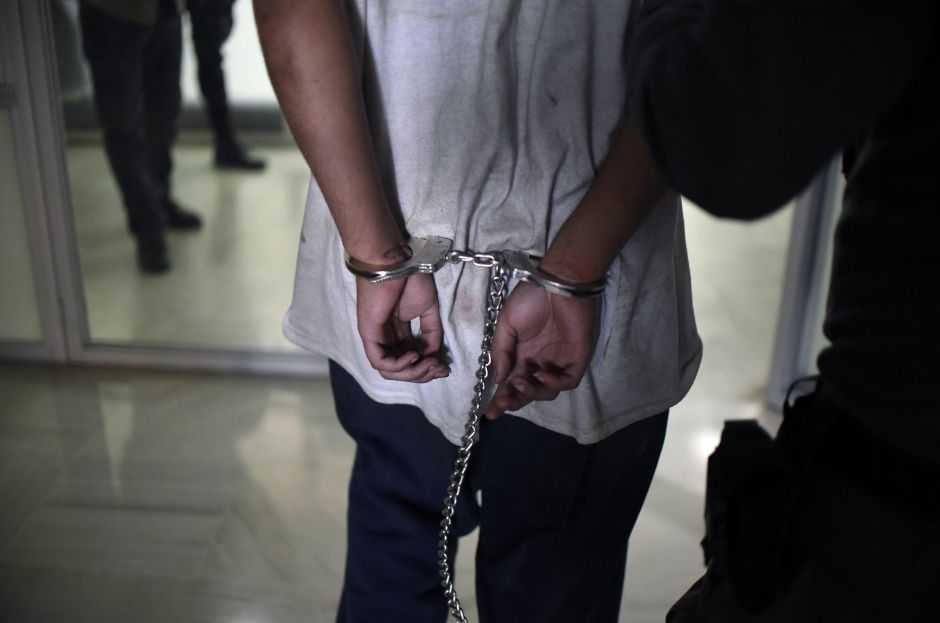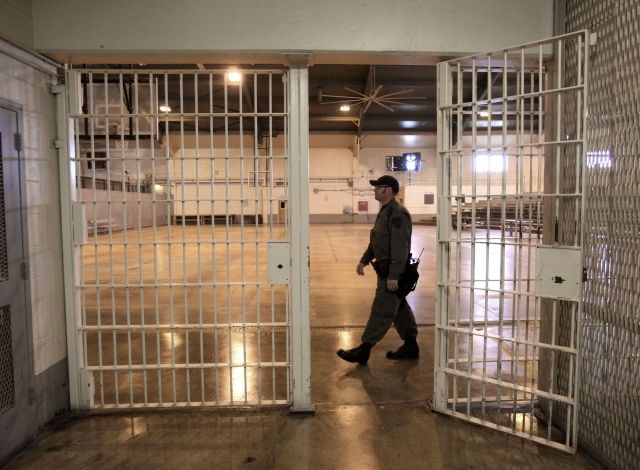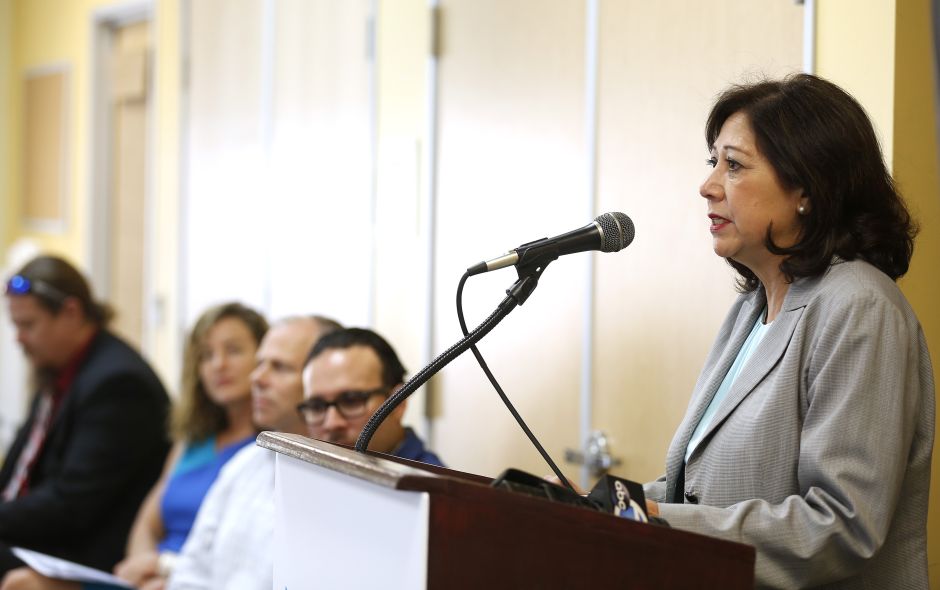The motion that seeks to help the reintegration of people into society also orders forgiveness of outstanding debts.
The Los Angeles County Board of Supervisors approved a measure to eliminate the burdensome charges and fines that people who leave prisons and prisons when serving their sentences have to deal with when trying to reintegrate into society.
"The collection of these fines and collections leads to more debt and pushes low-income families and communities of color to greater poverty; and that is unfair”Said Supervisor Solís, author of the motion.
The measure eliminates administrative fees over which the county has the power to dispose.
"By putting an end to them, these individuals and their families are more likely to stabilize their lives and contribute positively to their communities instead of facing a future full of poverty, despair, helplessness, recidivism and imprisonment," said Solis.
According to the motion, administrative charges are not only harmful but difficult to collect and do not yield a significant economic benefit to the county.

A December 2019 report from the Los Angeles County Executive Director's office revealed that the gain is very little or nothing.
Since 2014, the courts have an annual estimate of $ 121 million against the ex-secretaries, but only collect an average of $ 11.4 million, 9% of the total amount.
Of that sum, The county only receives about 4.5 million dollars, 4% of the total.
The balance of the last 50 years in fines, collections and indemnities without paying is for 1,800 million dollars, which shows that the ex-prisoners do not pay their debts.
"When people are released from jail, they are often overwhelmed with county charges and fines associated with their case," said supervisor Sheila Kuehl, co-author of the motion.
“These charges, which typically range from several hundred to thousands of dollars, do not strengthen public safety or contribute significantly to public chests; and yes, they actively harm men and women who leave prisons in their struggle to get ahead, ”he said.
Studies of the Brennan Justice Center, the American Civil Liberties Union and the Baker Center for Human Rights, found that the accumulation of fines, trapping the exreos in a cycle of poverty; and failure to comply with the payment may result in the return to jail or the delay in their release from probation supervision, which creates additional barriers to their reintegration into society.

Already they face many obstacles to get housing, employment, driver's license, maintain and improve their credit, reunite with their families and meet the payment of alimony for their children, says the report.
Kent Mendoza, policy manager of the Anti-Repeat Coalition that was part of the coalition “Let get free LA"(Let's free Los Angeles) which led a campaign to end these charges, said to collect money in this way disproportionately affects low-income communities and minorities.
“It makes them very difficult for them to integrate into society and start over, because they already have many things to deal with when they are released and they barely make money. Many only get jobs with the minimum wage, ”he emphasized.
The result, he added, is that many of the ex-prisoners in the face of so much pressure to get quick money, are forced to commit crimes, and return to jail, becoming a vicious cycle.
"The most serious thing is that these charges do not guarantee that we have safer communities," Mendoza said.
The motion not only mandates that charges for criminal justice collected by the county be stopped, but also orders forgiveness of outstanding debts.
The list of fines and fees that can be forgiven include, but are not limited to emergency medical services, electronic monitoring before a trial, returned checks, addiction rehabilitation programs, training and education programs, probation supervision, work permits, treatment program released, among others.









